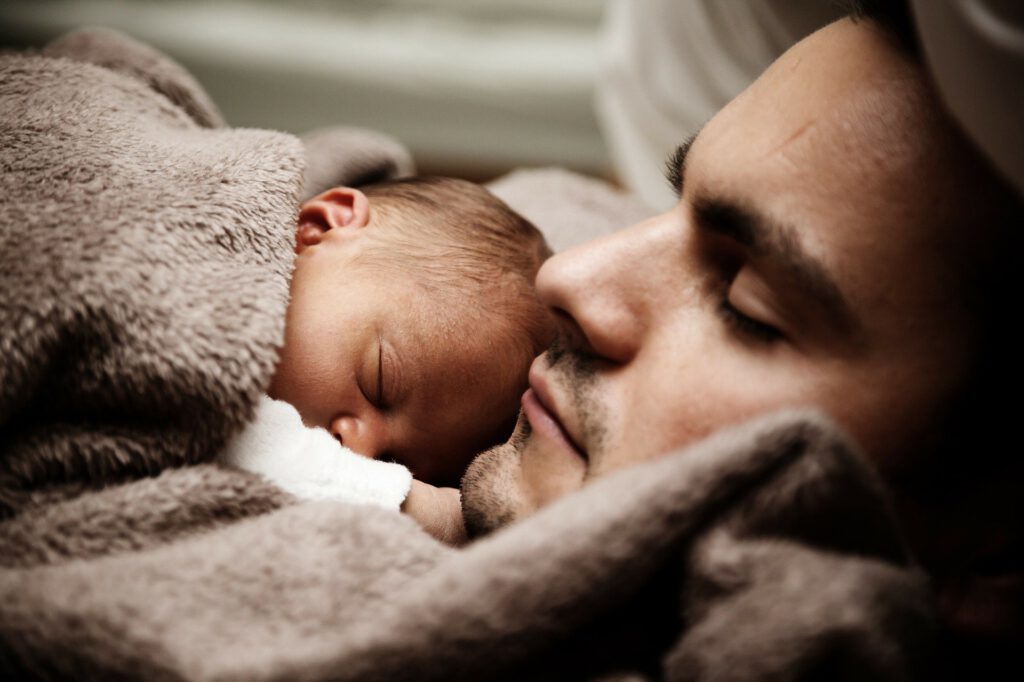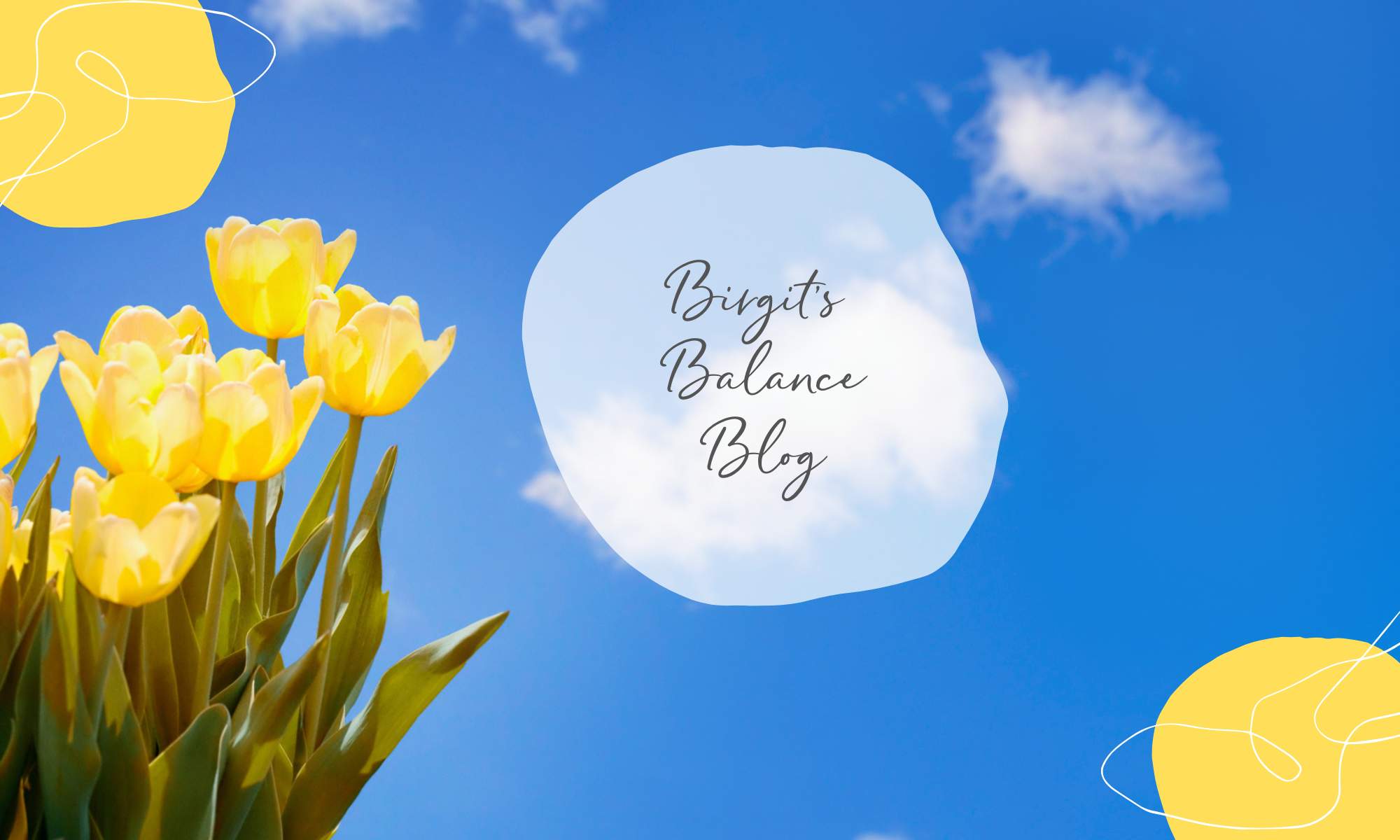
Often we don’t even need a textbook or scientific studies – it’s enough to take a look at our use of language. Language contains a lot of wisdom and knowledge. In my search for a common thread for this article on sleep, two phrases first came to mind: “to be asleep” and “to have to sleep on something”.
In both idioms, sleep stands for a better, mental performance: if you are called well-rested, you have an alert mind, you can’t be fooled. When we have to sleep about something, we hope that the time we gain away from the matter or the subconscious processing in the meantime will enable us to make better decisions, for example.
Both of these things also apply to sleep in reality. It helps our mind to process what we have experienced, to “file away” knowledge and to create new connections, and it helps our body to regenerate.
Sleep is a bit like breathing. Both functions are vital for us, both are there as a matter of course (although many a good, restful sleep has been lost in the stress). As the saying goes: “it deprived me of sleep”) – and both are often underestimated in their effect on our well-being and health-promoting effect.
How well do you listen to your body’s signals? When you are tired and have the chance, do you take a nap? Or do you go to bed earlier? Or do you sometimes ignore tiredness because you want to do that one more thing? Do you know the phenomenon of craving sweets when you get tired? Do you reach for the chocolate or the duvet?
It’s clear that sleep and stress have some kind of interaction. If we have too much stress and don’t manage to switch off or get away from it, we often have trouble sleeping. (For example, I have the feeling that the first thing I wake up in the morning is my head. Eyes open and bam, I have the To Do list in my head. I like to say “my processor is already running before I have booted up my body ;-)”). Less sleep, on the other hand, has a negative effect on our stress tolerance – we lose our composure more quickly.
But what can I do to break this cycle? Let’s answer a few basic questions:
What are the consequences of too little sleep?
poorer brain capacity – expressed in less ability to concentrate and less creativity
faster ageing process
Weight gain because of increased appetite (malaise and lack of energy due to too little sleep is compensated for by increased appetite; this is promoted by the hormone ghrelin, which is responsible for our feeling of hunger)
Deterioration of blood sugar levels
Risk of high blood pressure
Weakened immune system – more frequent illnesses
States of exhaustion
Increased risk of burnout
How much sleep do you need?
Scientific studies generally speak of 7-8 hours. It has also been proven that less than six hours of sleep per night can lead to exhaustion in the long run. The best way to find out how much sleep you need is to take a few days off or go on holiday. Follow your body’s signals and go to bed when you get tired. Make sure you have created the conditions for a good night’s sleep (see below) and don’t set an alarm. Observe when you wake up on your own the next day and feel ready to get up. After a few days you will notice that it is always a similar number of hours – your personal sleep need.
What contributes to good sleep?
How well you sleep depends on many different factors, of course, and is determined throughout the day. Basically, a healthy lifestyle (exercise, healthy food, plenty to drink and breaks throughout the day) is very beneficial. In addition, you can pay attention to the following:
